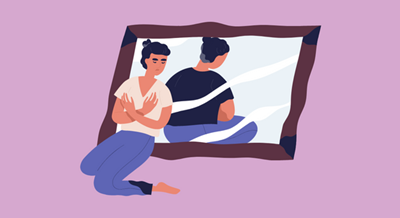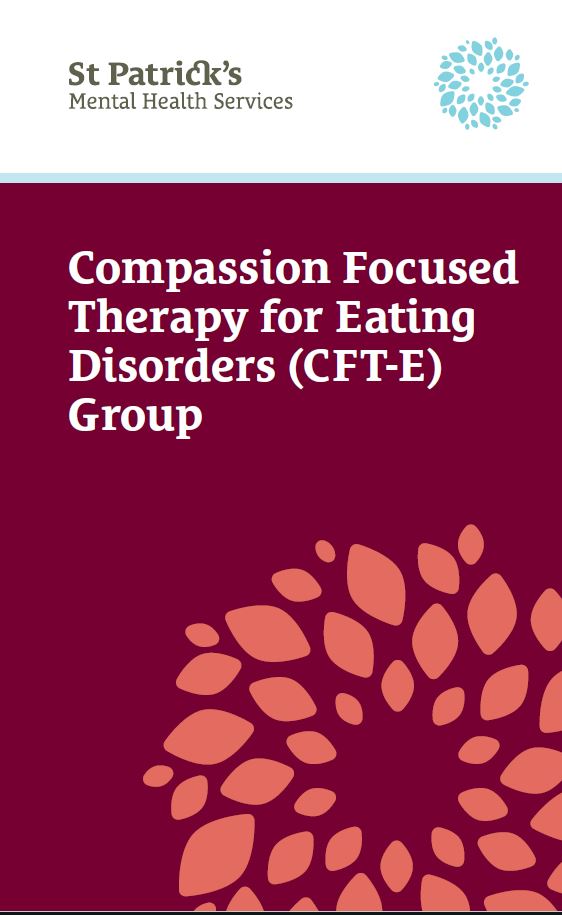The Compassion Focused Therapy Group for Eating Disorders (CFT-E) offers a comprehensive psychological therapy for people who can manage recovery from their eating disorder in the community.
What does the CFT-E group do?
People who will benefit from attending this group tend to share many common problems, including being worried about their size, shape, and weight. They are also likely to use food, dieting, activity, vomiting or weight loss drugs to manage difficult experiences, relationships, or painful thoughts, feelings and memories.
This day service group incorporates education for both service users and their family members, with skill-building and therapeutic elements. It aims to target both the biological factors and the psychological processes which underpin and maintain an eating disorder.
The group helps service users to develop the ability to treat themselves in a more compassionate way and fosters social connectedness.
Who is this group for?
- are experiencing an eating disorder (anorexia nervosa, bulimia nervosa, binge eating disorder, or eating disorder not otherwise specified)
- struggle with shame, guilt, or self-criticism
- do not require supervision of their eating, have expressed a desire to recover from their eating disorder and are able to take responsibility in relation to this
- have a Body Mass Index (BMI) of 18kg/m2 or above
- have access to a service (such as a multidisciplinary team (MDT) or GP) that will monitor their physical health (for example, bloods and electrocardiograms (ECGs) where applicable) throughout the duration of treatment.
People experiencing additional mental health difficulties are welcome.
How is the group structured?
- Psychoeducation (Level One) involves one day session for the service user, one evening session for family and friends
- Skills training (Level Two) involves a total of eight half-day sessions for service users
- Therapeutic intervention (Level Three) occurs one morning a week for 17 sessions
- Aftercare (Level Four) encompasses three morning sessions over the two to three months following therapeutic intervention.
Each level is followed by individual review.
When and where does the group take place?
All levels of the CFT-E group take place on Wednesdays. The group takes place in person in St Patrick's University Hospital.
Who runs the group?
The CFT-E group is run by a team of two clinical psychologists and an assistant psychologist.
How are referrals made?
Any service user interested in attending the group can discuss it with their MDT, who will refer them to one of the clinical psychologists who facilitates the group to assess whether the group is a good fit for their needs.
External referrals can also be made by GPs, consultant psychiatrists, psychologists, psychotherapists, nurses and other mental health professionals.
New referrals are welcome at any time, but may be added to a waiting list for places.
How can I find out more?
For more information, you can read the group brochure here or contact the Assistant Psychologist for the programme by calling 01 249 3315.





